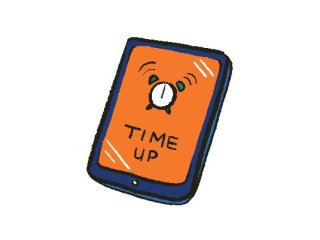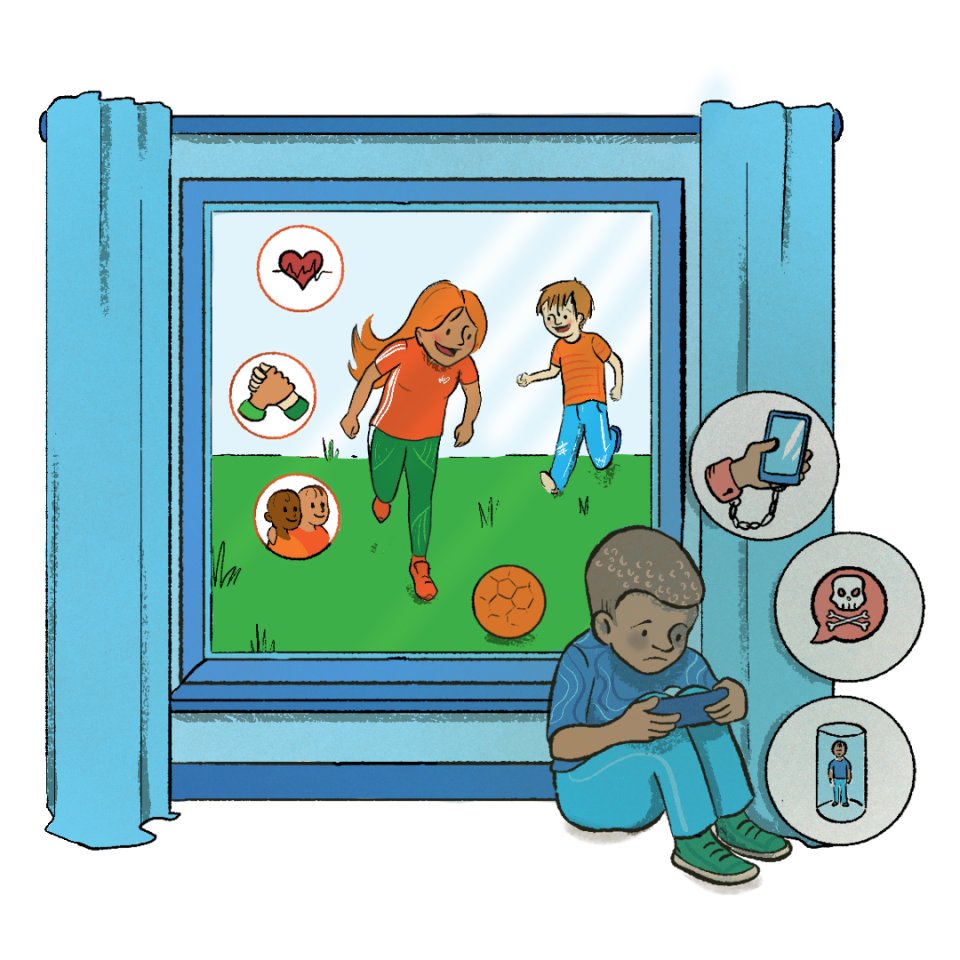Digital wellbeing plays an important part in the overall health of your school community. Understanding how technology, apps, online platforms and other spaces can impact upon students, staff and parents is hard, but applying the correct understanding and support can make things easier. Take a look at the considerations below around how you can support digital wellbeing or alternatively download the PDF.

Understanding Digital Wellbeing
Digital wellbeing involves many aspects of a young person’s life, but luckily, there are a lot of things you can discuss to get a better handle on what digital wellbeing is and how it applies to your school. Consider some of the following ways that digital wellbeing can be influenced:
- The amount of time someone spends on devices
- How they physically, mentally and emotionally respond to online scenarios
- How they socialise and interact with others online
- How they choose to present themselves online
- What their online/ offline balance is like
- The types of content someone exposes themselves to
- How necessary technology is for an individual
What Are Signs of Healthy Digital Wellbeing?

Appropriate, positive and healthy interactions towards others

Critical thought towards online information and harmful content

A regular and consistent online/ offline balance

Using technology for areas of life, but not for everything
What Are Signs of Unhealthy Digital Wellbeing?

Negative or harmful interactions towards others

Allowing exposure to harmful online content

Being too heavily reliant on technology

Poor mental, physical or emotional health
What Can Schools Do?
- Encourage appropriate breaks away from devices
- Create safe spaces for individuals to talk through concerns

- Encourage the use of parental controls and filtering options for apps where necessary
- Appropriate offline activities in school
- Have staff maintain a good understanding of trends and popular apps
- Develop a school community approach towards online critical thinking
- Explain what harmful online content is and ways it can present itself
- Making the community aware of reporting routes
To further explore Digital Wellbeing, there are lots of resources available within ProjectEVOLVE that cover this topic for age groups up to 18. You can also use the Knowledge Maps to gain better insight of their understanding and work towards improved knowledge.
